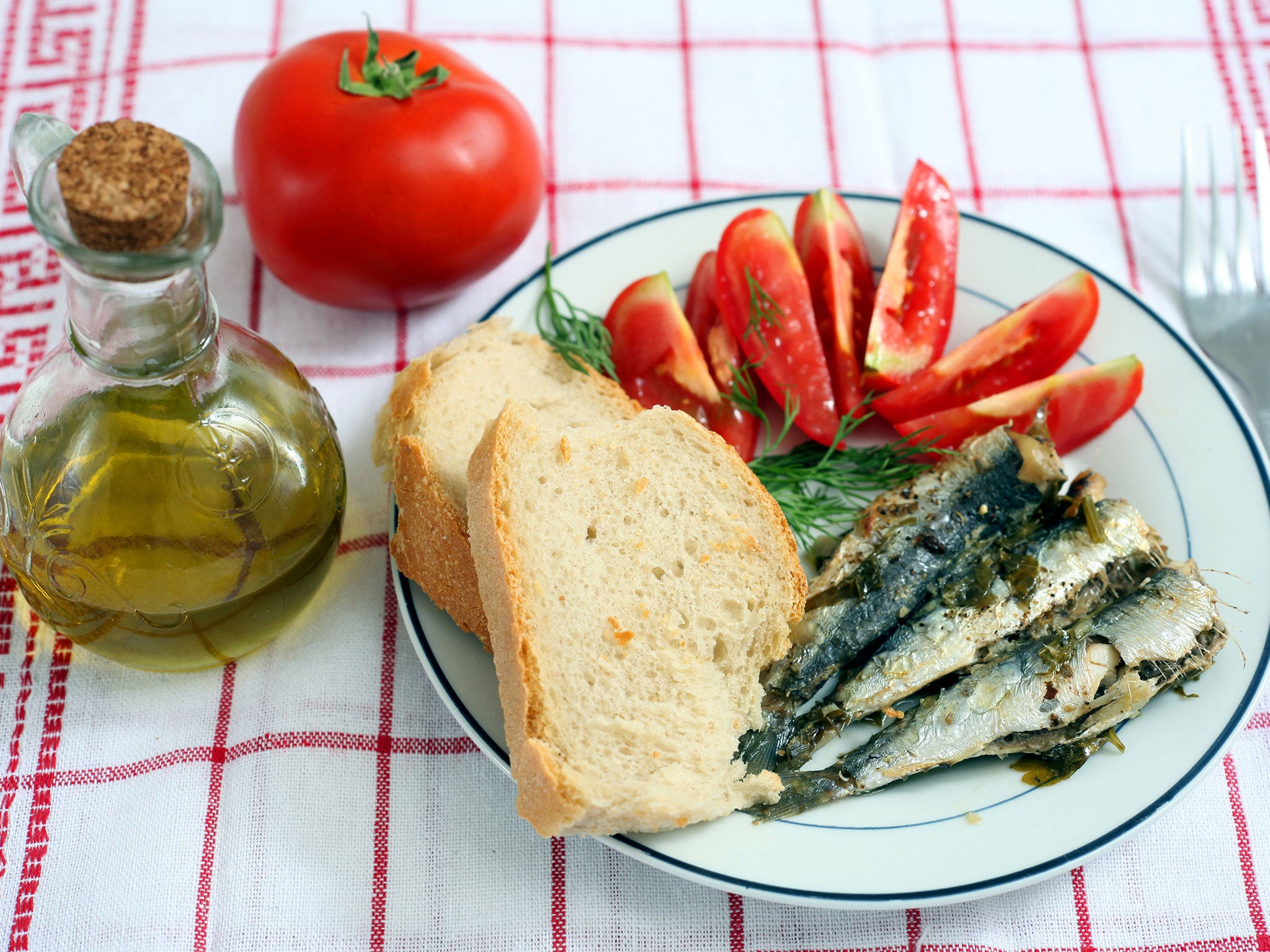Eat a Mediterranean diet and stop counting calories to combat obesity, say doctors
People should focus on nutrition and healthy eating

Your support helps us to tell the story
This election is still a dead heat, according to most polls. In a fight with such wafer-thin margins, we need reporters on the ground talking to the people Trump and Harris are courting. Your support allows us to keep sending journalists to the story.
The Independent is trusted by 27 million Americans from across the entire political spectrum every month. Unlike many other quality news outlets, we choose not to lock you out of our reporting and analysis with paywalls. But quality journalism must still be paid for.
Help us keep bring these critical stories to light. Your support makes all the difference.
It’s long been known that a Mediterranean diet is linked to a longer life – but it could make for a slimmer one too.
Despite featuring food often high in fat and calories, a Mediterranean diet could help to tackle obesity and lower the risk of heart attacks and strokes.
Writing in the Postgraduate Medical Journal (PMJ), doctors said the focus should be on eating “healthy foods”, rather than counting calories.
The report stated: “The α-linoleic acid, polyphenols and omega-3 fatty acids found in abundance in nuts, fruit, vegetables, olive oil and oily fish rapidly exert positive health effects by attenuating thrombosis and inflammation, and it is estimated that increasing population consumption of fruit and vegetables by one portion per day and nut consumption by two servings a week would prevent 5.2 million deaths from cardiovascular disease globally within just one year.”
Current NHS guidance recommends eating “a balanced, calorie-controlled diet” to combat obesity.
The lead author, cardiologist Dr Aseem Malhotra, told the BBC: “What's more responsible is that we tell people to concentrate on eating nutritious foods.
“It's going to have an impact on their health very quickly. We know the traditional Mediterranean diet, which is higher in fat, proven from randomised controlled trials, reduces the risk of heart attack and stroke even within months of implementation.”
According to the report, the obesity epidemic currently directly costs the NHS about £6 billion per year. Meanwhile, direct and indirect costs of diabetes are estimated to be £24 billion and are likely to double over the next 20 years.
Poor diet is linked to cardiovascular disease, obesity, type 2 diabetes and several cancers.
Join our commenting forum
Join thought-provoking conversations, follow other Independent readers and see their replies
Comments